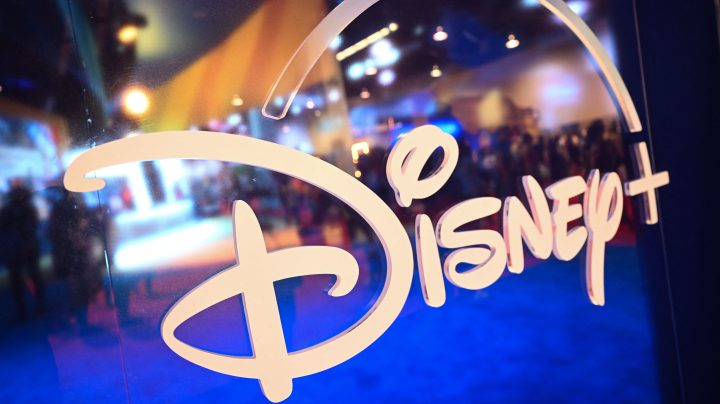
Disney will soon require workers to be in-office four days a week
Disney will soon require workers to be in-office four days a week

Starting March 1, Disney CEO Bob Iger wants his employees to be back in sunny Burbank, California — where the Walt Disney Company’s corporate headquarters are headquartered — four days a week.
In a memo he sent to the company’s roughly 200,000 workers Monday, Iger wrote, “in a creative business like ours, nothing can replace the ability to connect, observe and create with peers that comes from being physically together.”
So how will those 200,000 workers react? And maybe more importantly, how will Disney’s competitors?
Iger unretired late last year to restore Disney’s creative mojo. The company’s stock fell 44% in 2022 — its worst year since “Herbie Rides Again” was in theaters. (Notably the 1974 version, not the Lindsay Lohan update, “Herbie Fully Loaded.”)
Iger’s argument that Zoom is a mojo killer and that real rooms are just better has some research behind it, said Melanie Brucks at Columbia Business School.
“There’s more spontaneity of having these interactions and having people talk who maybe otherwise wouldn’t be talking, which is super valuable for creativity,” she said.
Maybe if the people who made the Disney+ show “Obi-Wan Kenobi” shared a cafeteria lunch with the people who made “Andor,” “Obi-Wan” would have been a lot better.
But Iger is taking an obvious gamble with increasing the Disney weekly attendance quota from three days to four.
“There’s competition out there and employees prefer flexibility, and so it’s possible you’re gonna lose out on talent,” Brucks said.
Disney’s rivals now have a choice. They can say, “Hey, Disney is doing four days a week in the office, so we’re gonna to do that too.” Or they can say, “Hey, talented Disney employee. Come work for us and you can work anywhere.”
That choice depends a lot on who the CEO is, according to Tsedal Neeley at Harvard Business School.
“I think age and gender, those backgrounds do make a difference,” she said.
Older and male CEOs often underestimate how remote work can translate to a much more diverse talent pool. “Women and people of color disproportionately prefer more remote, not less,” Neeley added.
Disney may also have trouble keeping talent just because of where many of its offices are located: traffic-heavy Southern California.
“When we interviewed workers,” said Caroline Walsh with the consulting firm Gartner, “commute time is the number one barrier to using the office.”
And while Disneyland may be the happiest place on earth, the unhappiest place may just be a Los Angeles freeway during rush hour.
There’s a lot happening in the world. Through it all, Marketplace is here for you.
You rely on Marketplace to break down the world’s events and tell you how it affects you in a fact-based, approachable way. We rely on your financial support to keep making that possible.
Your donation today powers the independent journalism that you rely on. For just $5/month, you can help sustain Marketplace so we can keep reporting on the things that matter to you.











